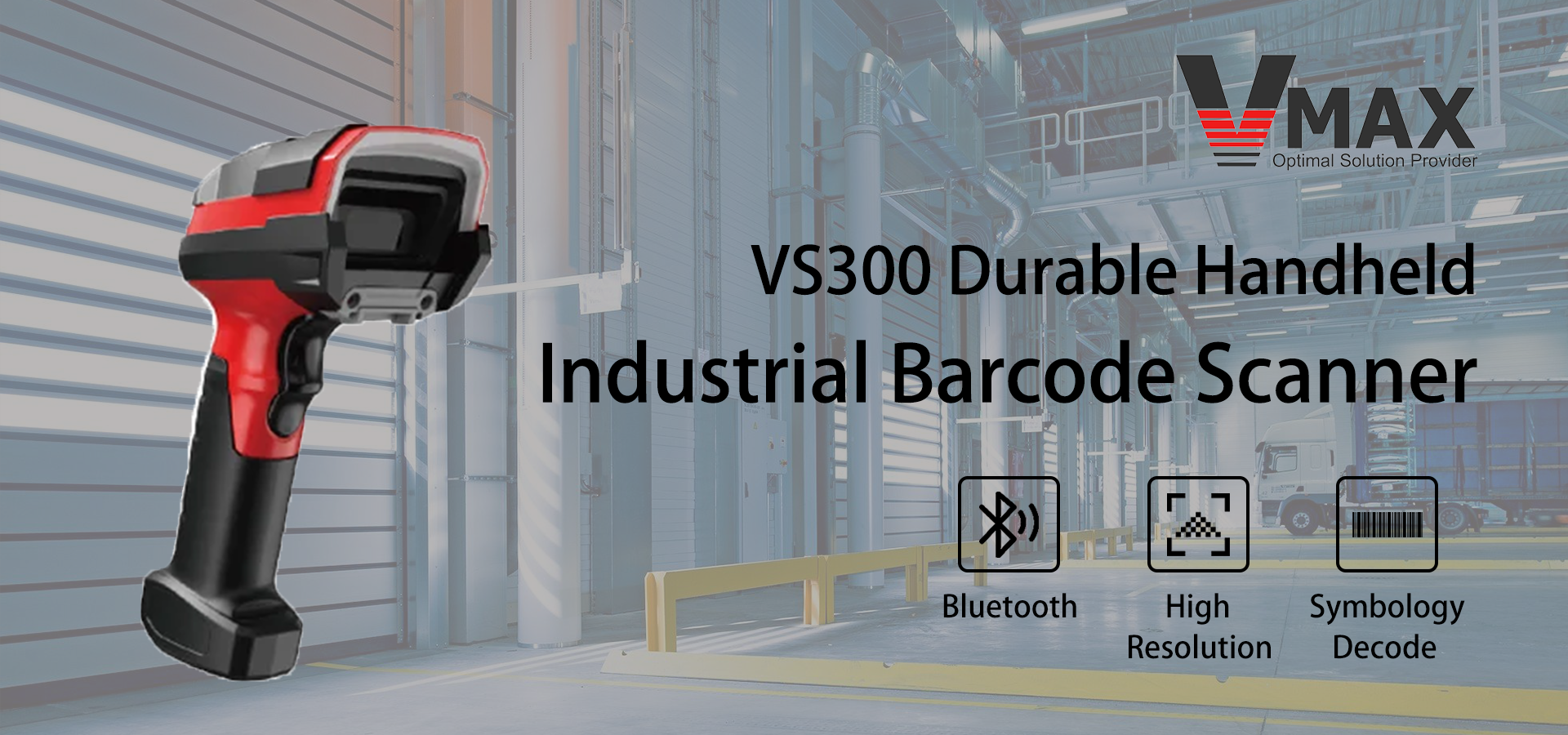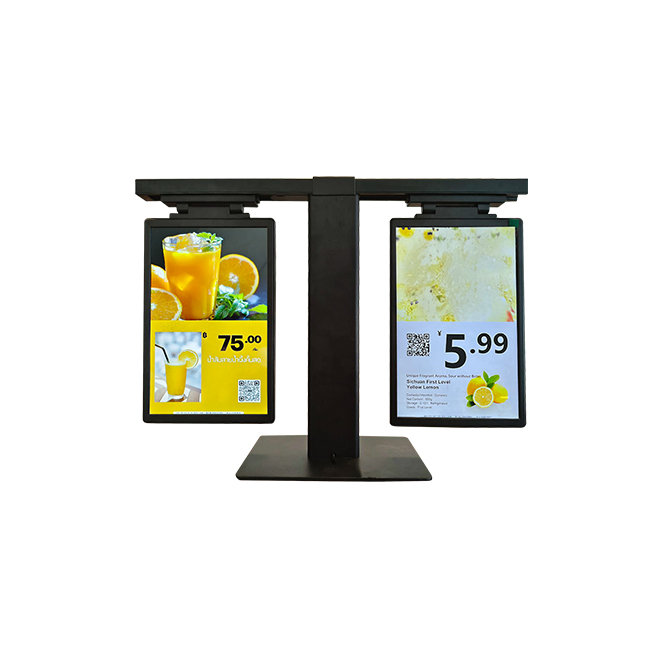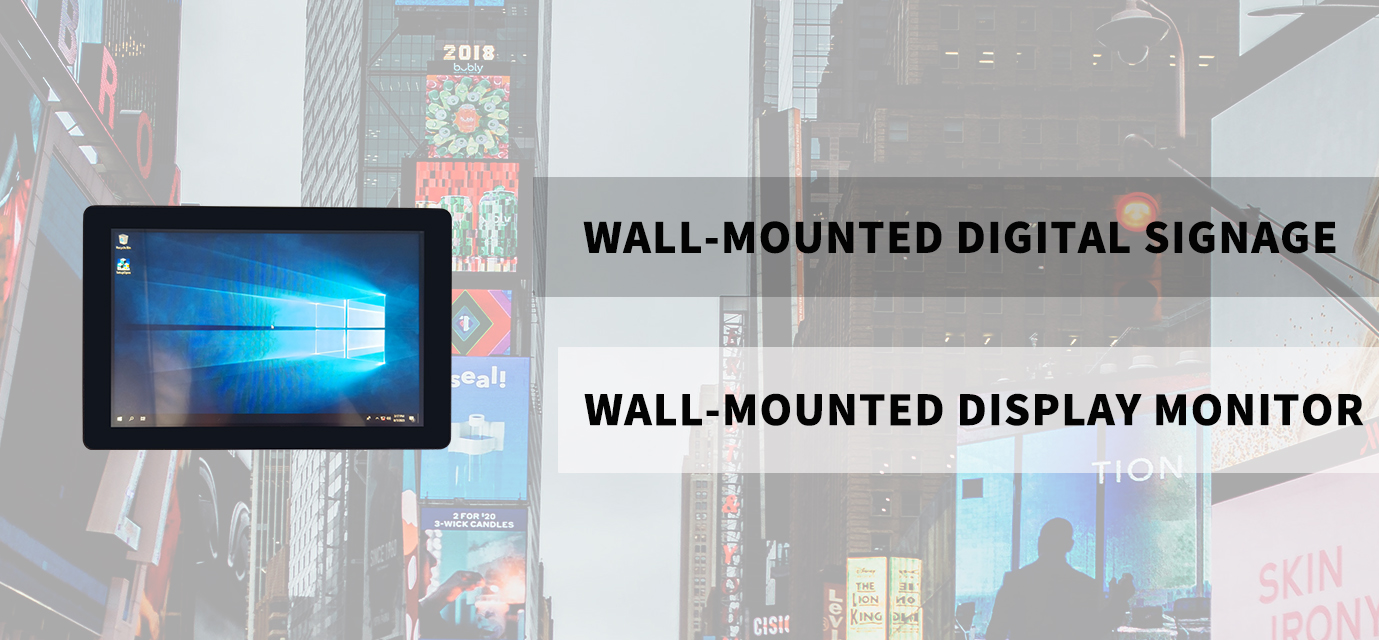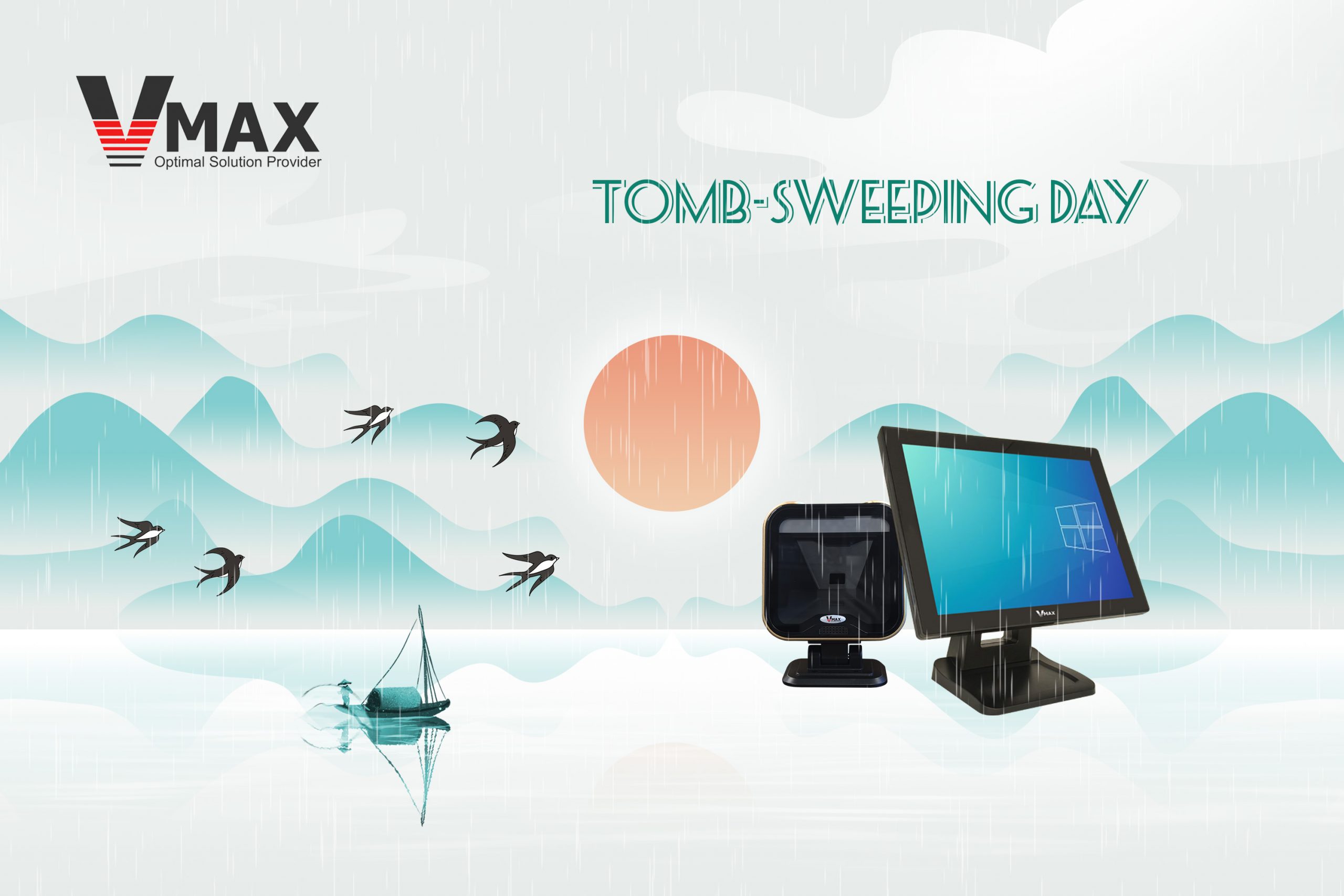The point-of-sale operating system (OS) is necessary for the POS System machine to operate effectively. An operating system (OS) can be employed on numerous checkout machines. Similarly, POS machine continues to run on a built-in operating system.
Windows Operating system previously dominated the marketplace for commercial products. As a consequence, numerous legacy or traditional point-of-sale systems will operate under Windows POS machines. However, according to business needs and technology development, Android OS has advanced rapidly and can keep competing with Windows now.
This raises the issue of which operating system is the best.
In this essay, Vmax will talk about the benefits and drawbacks of Windows and Android POS operating systems as an example, and you could choose the ideal POS machine OS for your point of sale business.
Windows: A well-known operating system

Windows, launched by the Microsoft Corporation, was the world’s first GUI. It indicates that users are able to see and tap on visual elements on the computer monitor, rather than trying to type text command line.
Since then, Microsoft has been consistently updating the Windows operating system from Windows 95 to Windows 11 today.
It’s a recognizable OS for programmers, and numerous POS system software is compatible with Windows, which is a major advantage of Windows on its own: Windows is easily accessible. Businesses can also access an array of complementary software on Windows.
However, Windows has some drawbacks. For instance, it is susceptible to computer hacking and cyber attacks. As a consequence, businesses might have to add another anti-virus software to protect their operating systems. Moreover, Windows is a closed-source operating system. This indicates that programmers have no full access to the source code of Windows, which may impede troubleshooting. Eventually, Windows is not maximized for wireless connectivity, and a key is a critical requirement for POS systems nowadays.
Android: An open-source system

Google-launched Android is compatible with machines not manufactured by Google. As a consequence, it has speedily risen in the market during the past decade and has become a major contender to Windows.
Even though Android is an open-source operating system, everyone can develop applications without hesitation. After the POS system has been set up, business owners also could add further capabilities to the application to fulfill their evolving company requirements. Customization eliminates the requirement to install costly contribute features. Furthermore, Android has been intended for remote access, which is essential for multi-store businesses.
Android OS has a few drawbacks. Businesses that are using free apps might see additional display advertisements, resulting in a user experience less enjoyable.
Each of the two operating systems has advantages and disadvantages. Windows is typically suggested for bigger shops, while Android may be preferred for smaller shops. However, as Point of sale technology and business needs emerges, business owners may be interested in going further than this distinction. For instance, some stores may own numerous places and prefer an operating system that supports remote access.
Whether you demand Windows POS or Android POS, Vmax will offer you the most appropriate products and solutions for your retail point of sale or hospitality business.
Or you could download the product catalog for preview and selection.





